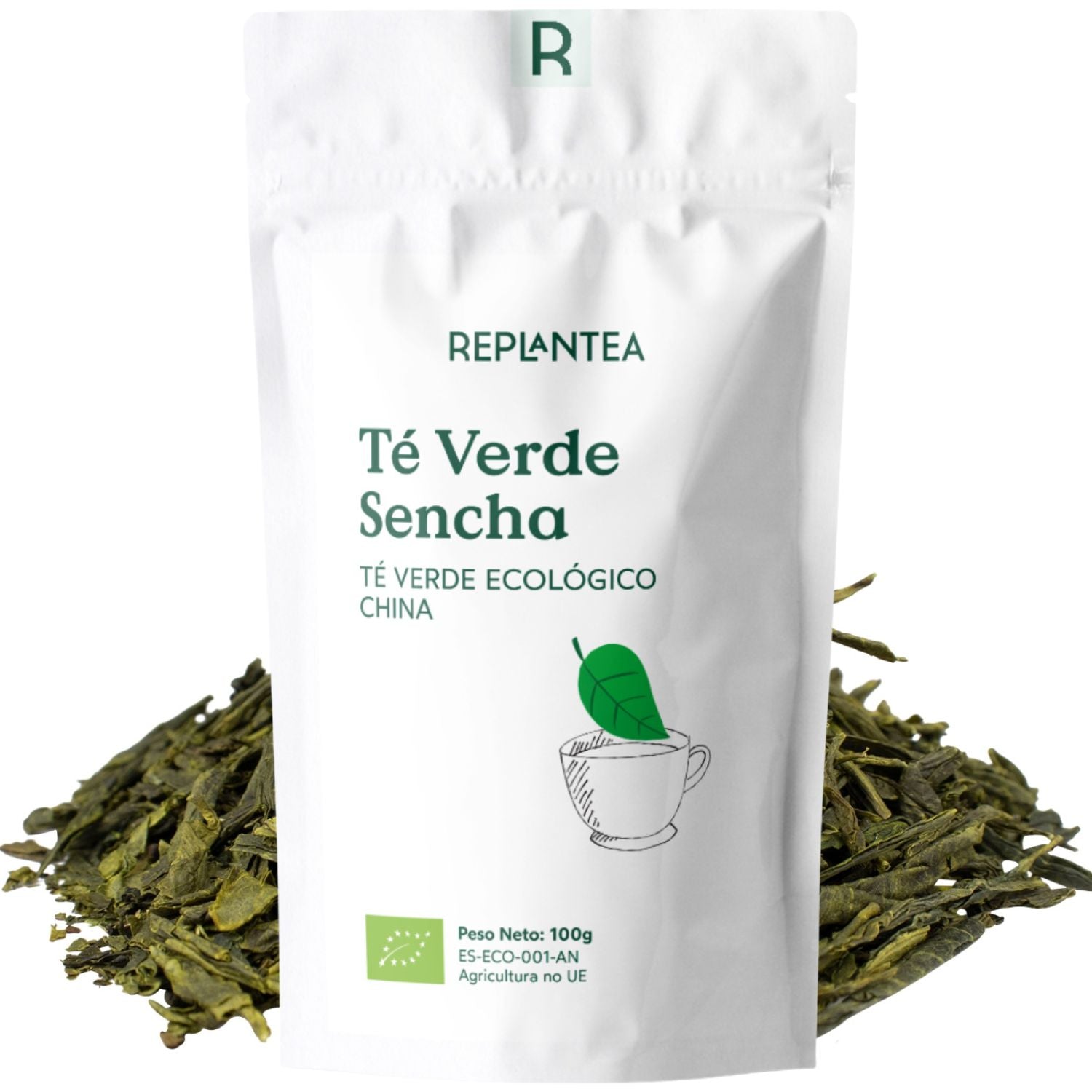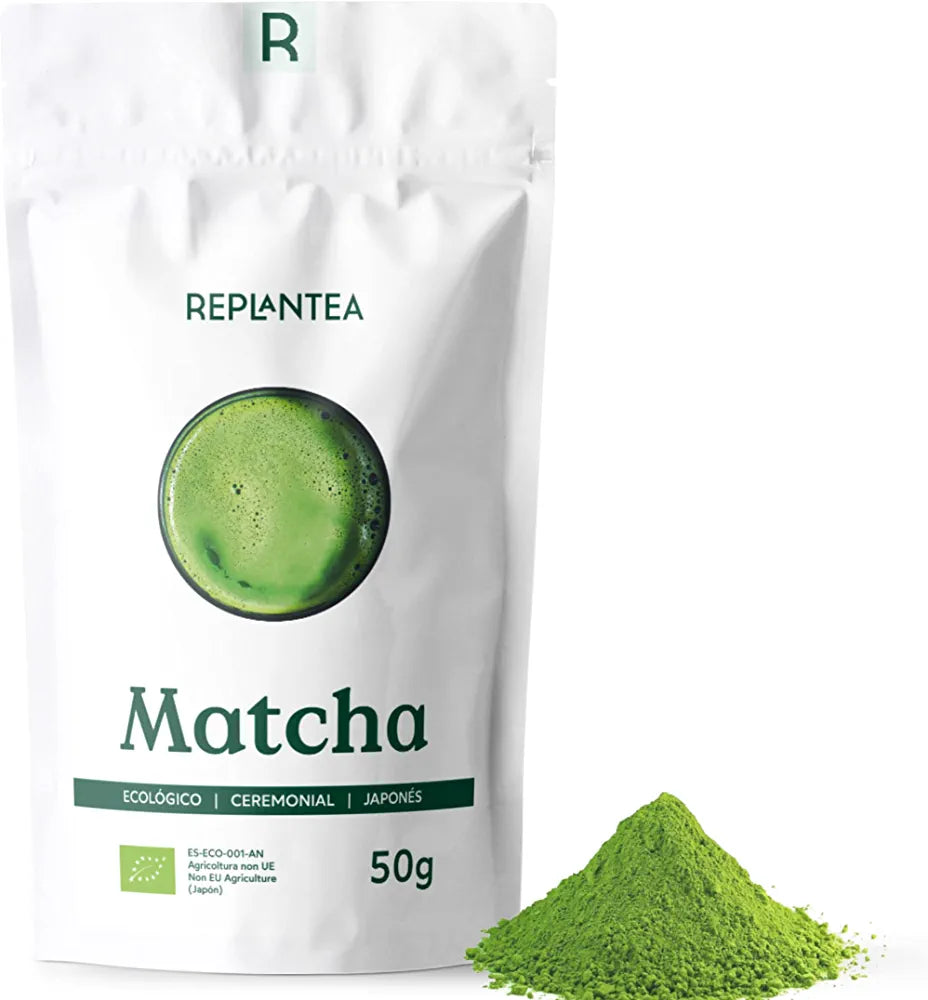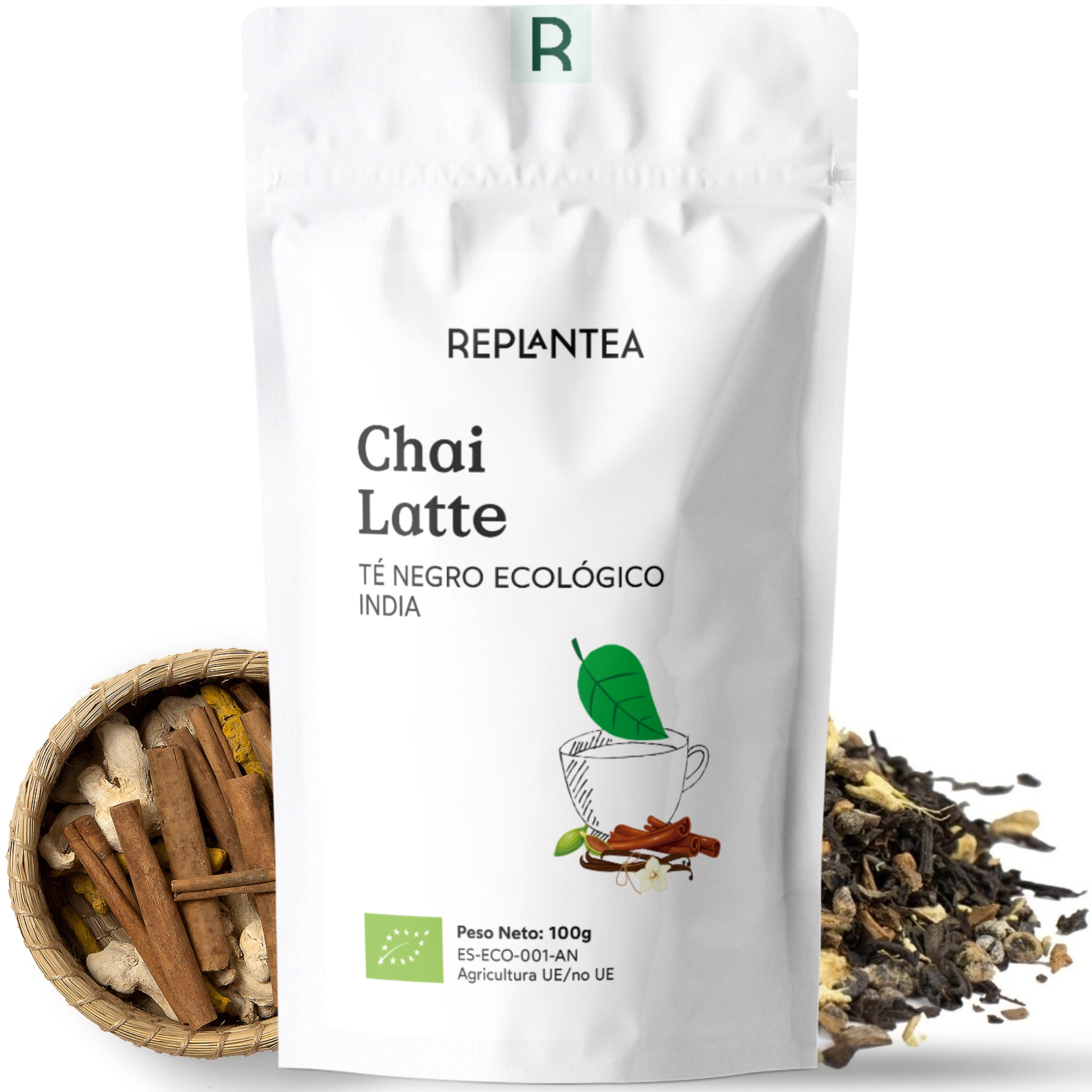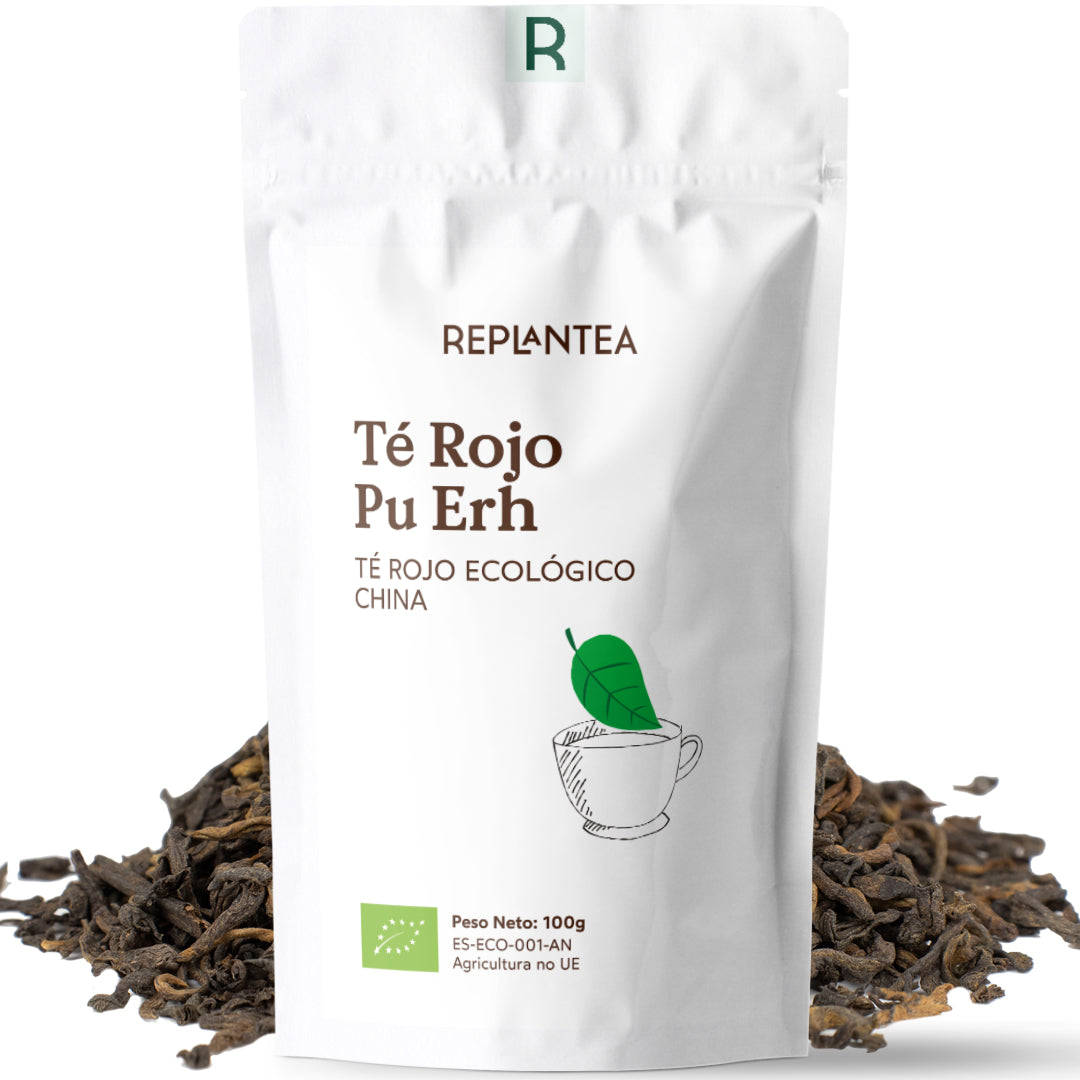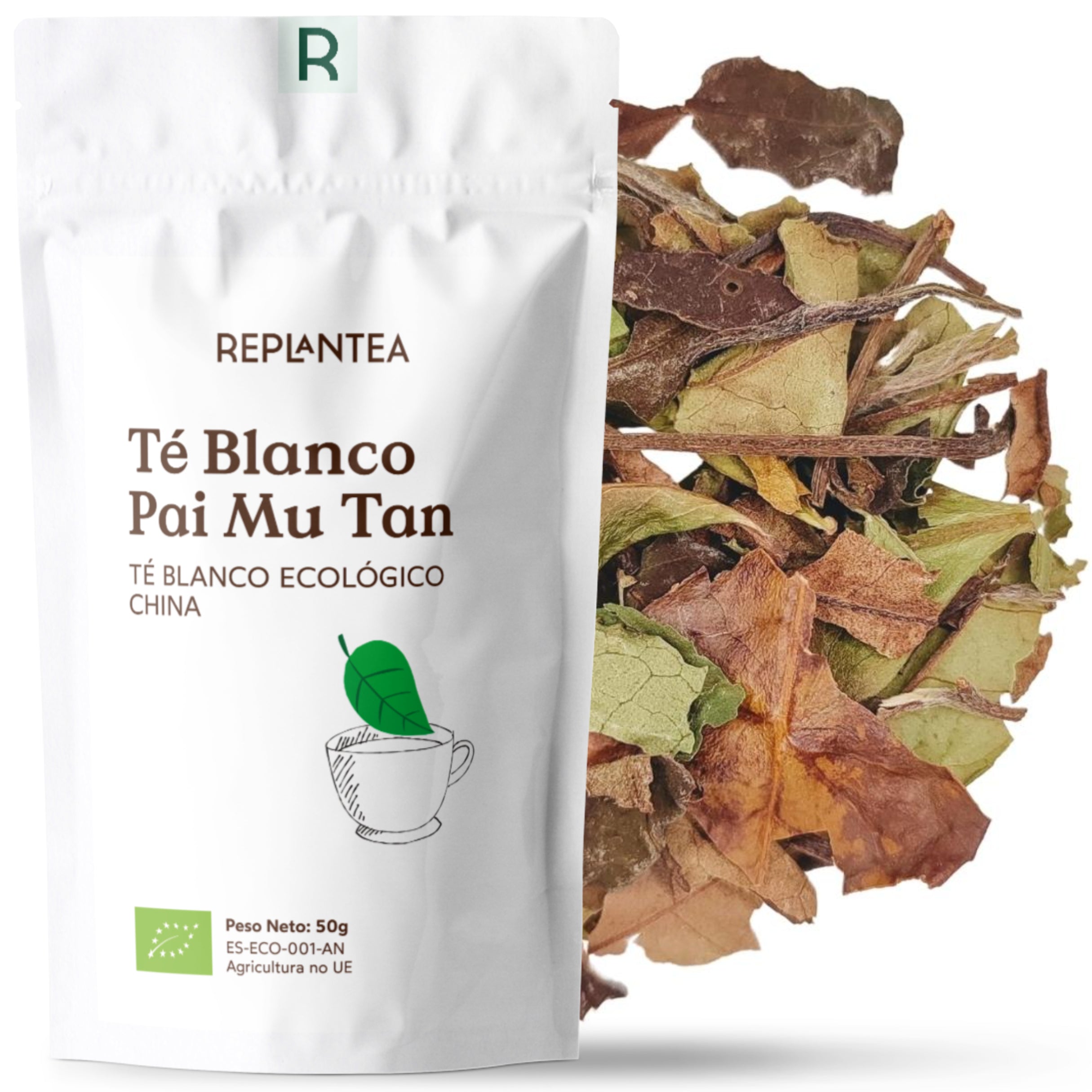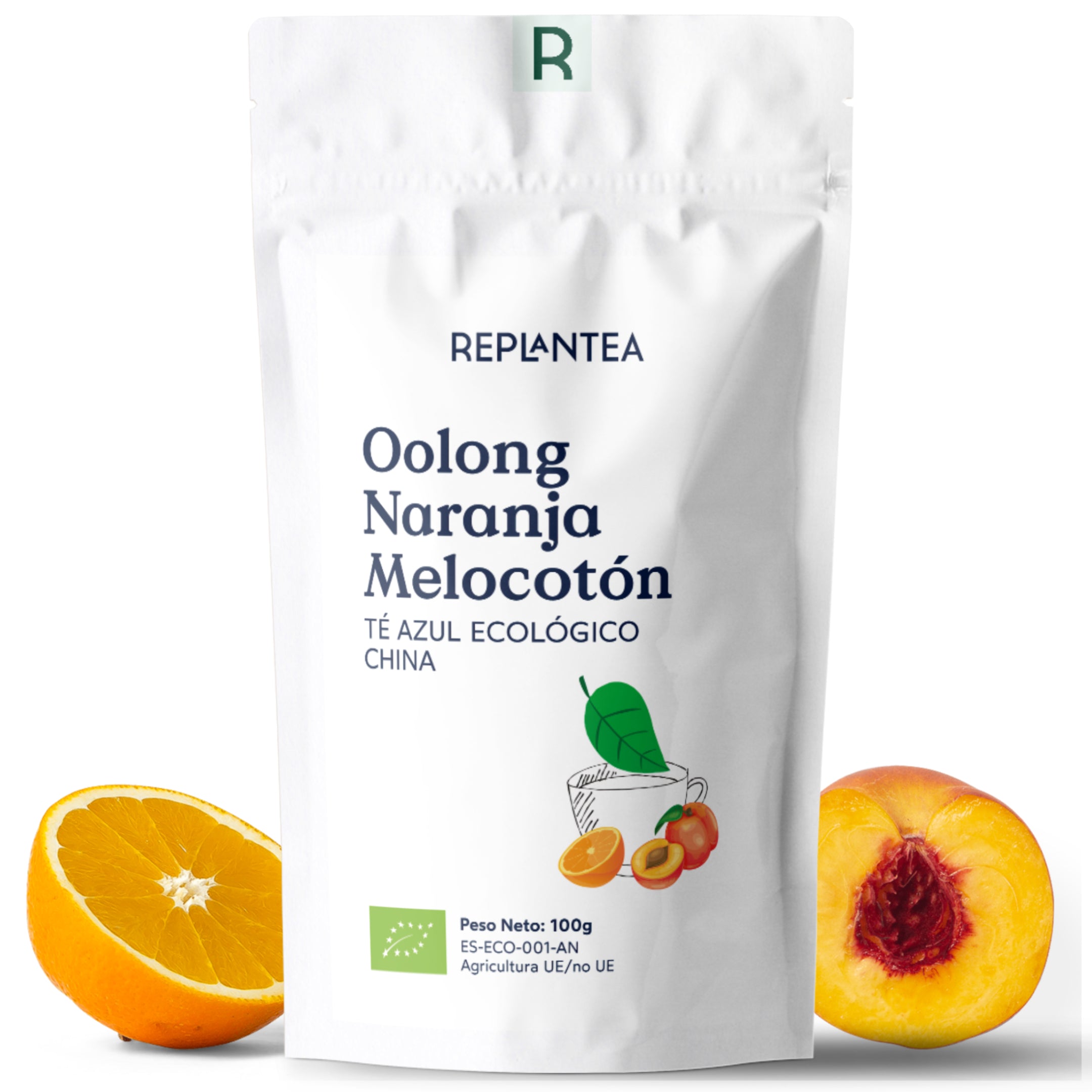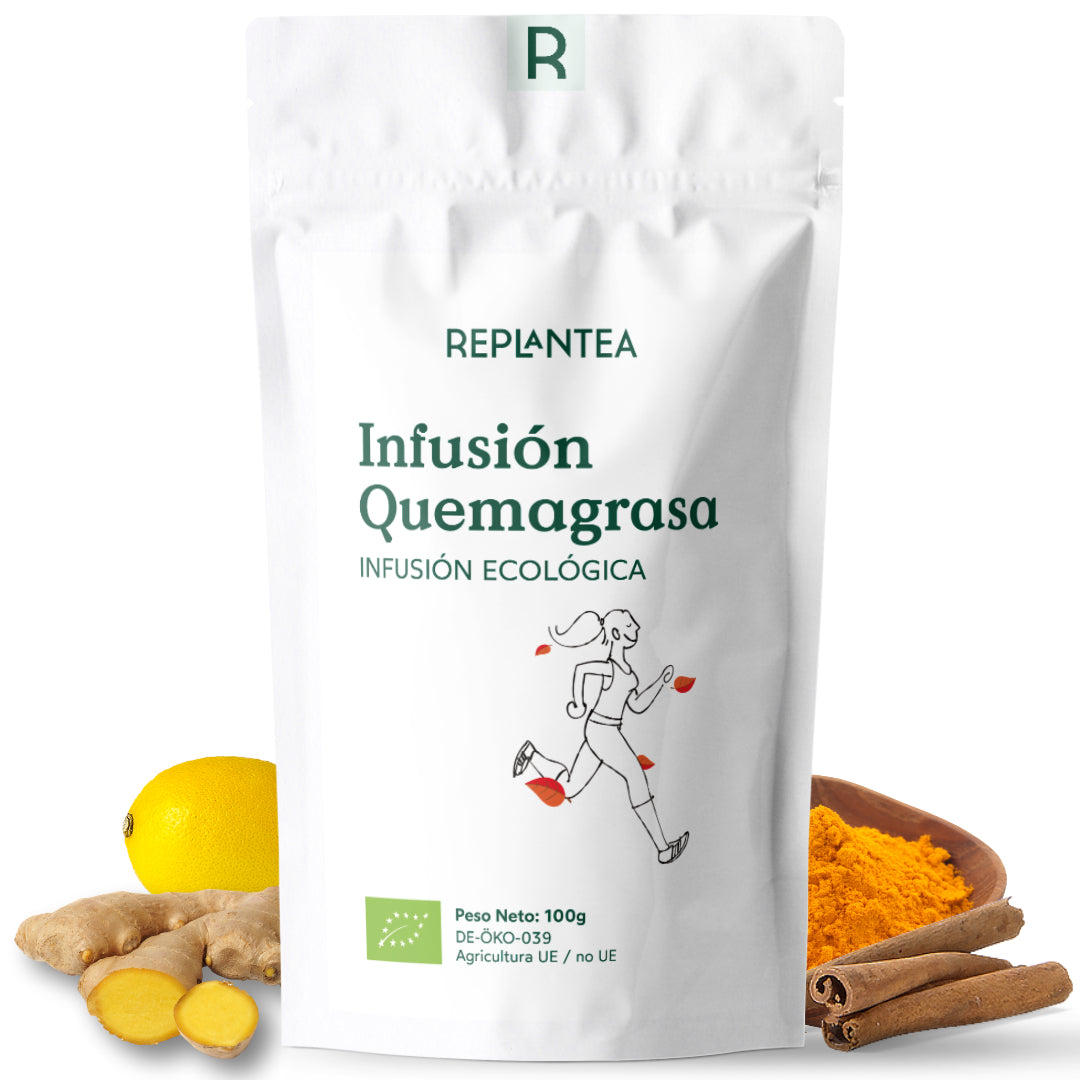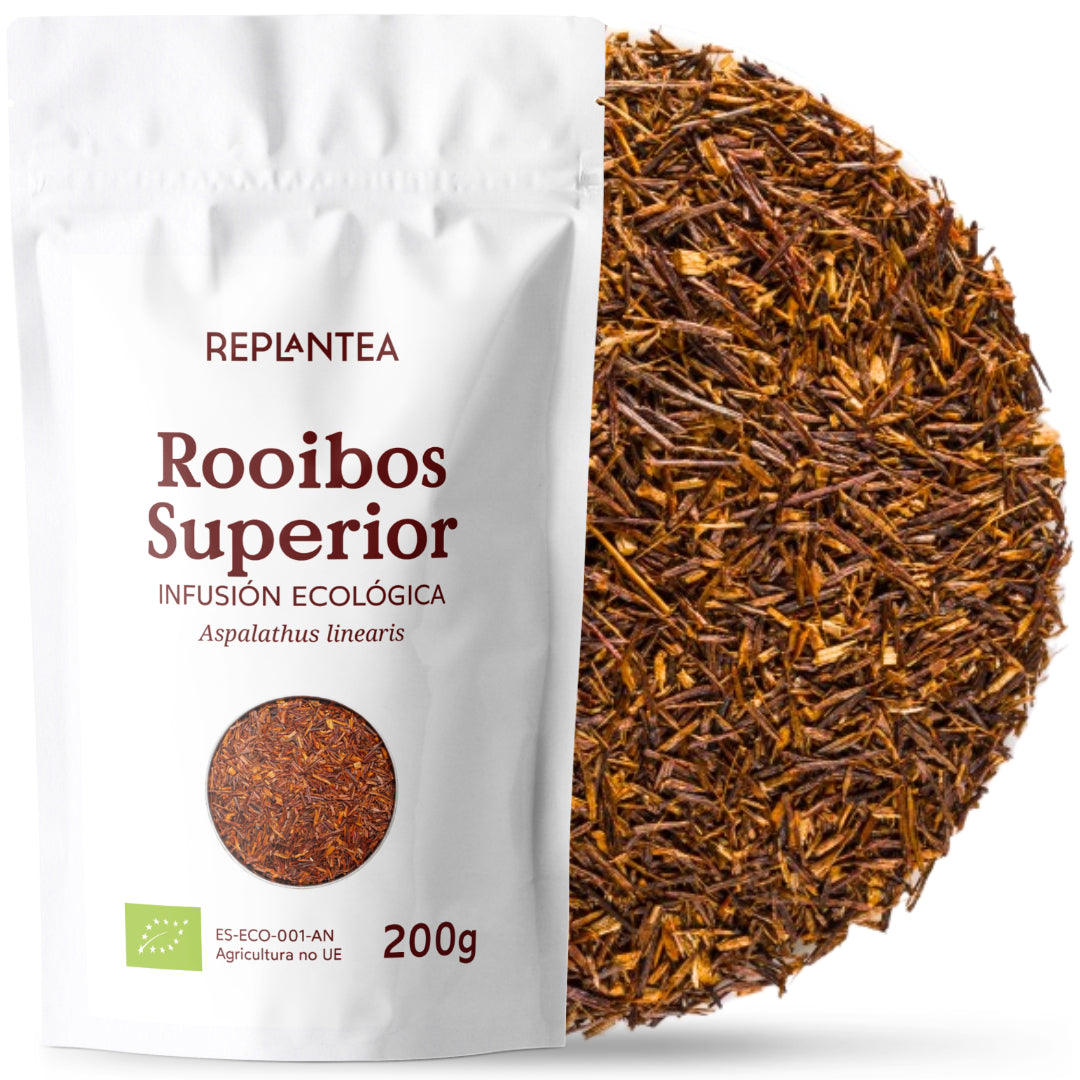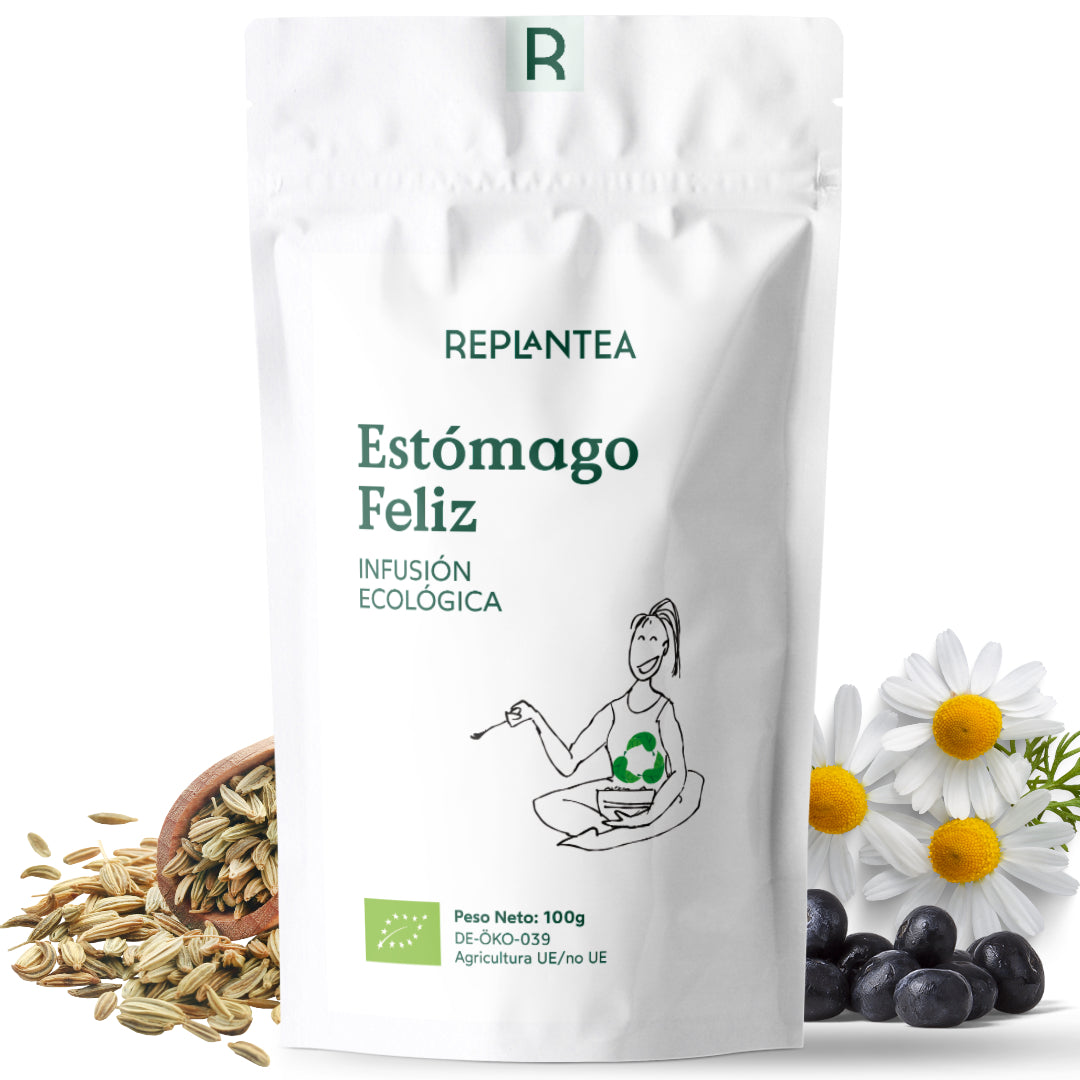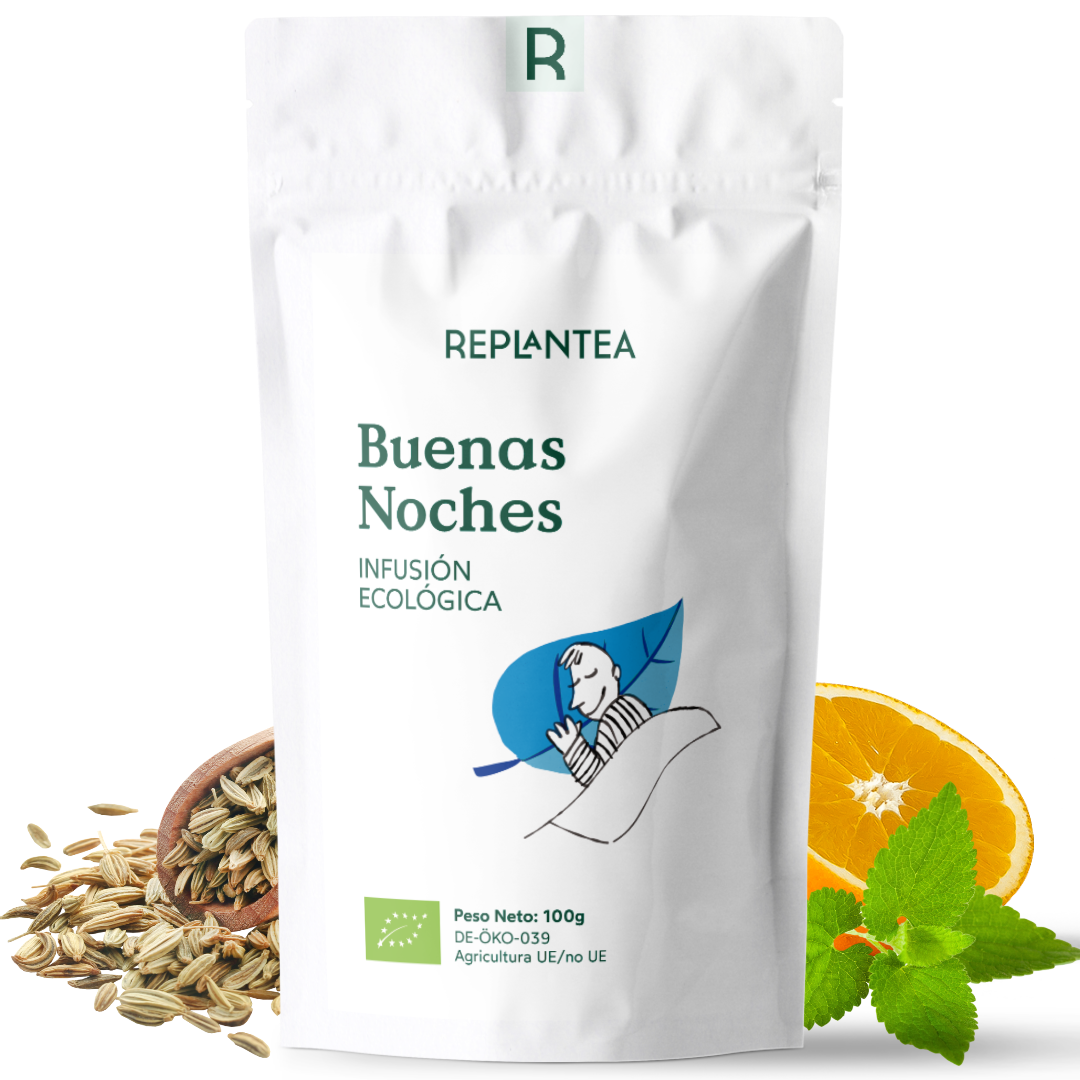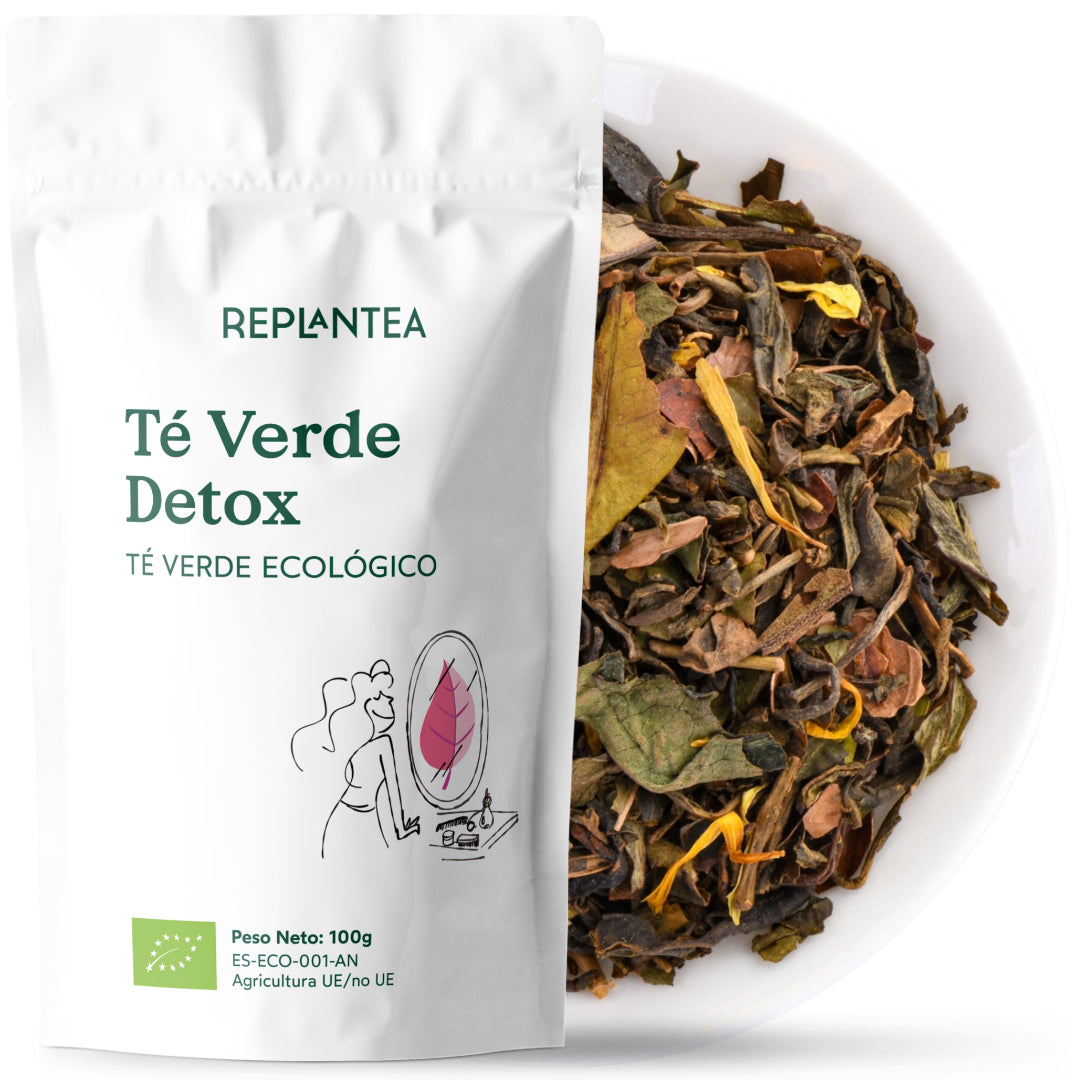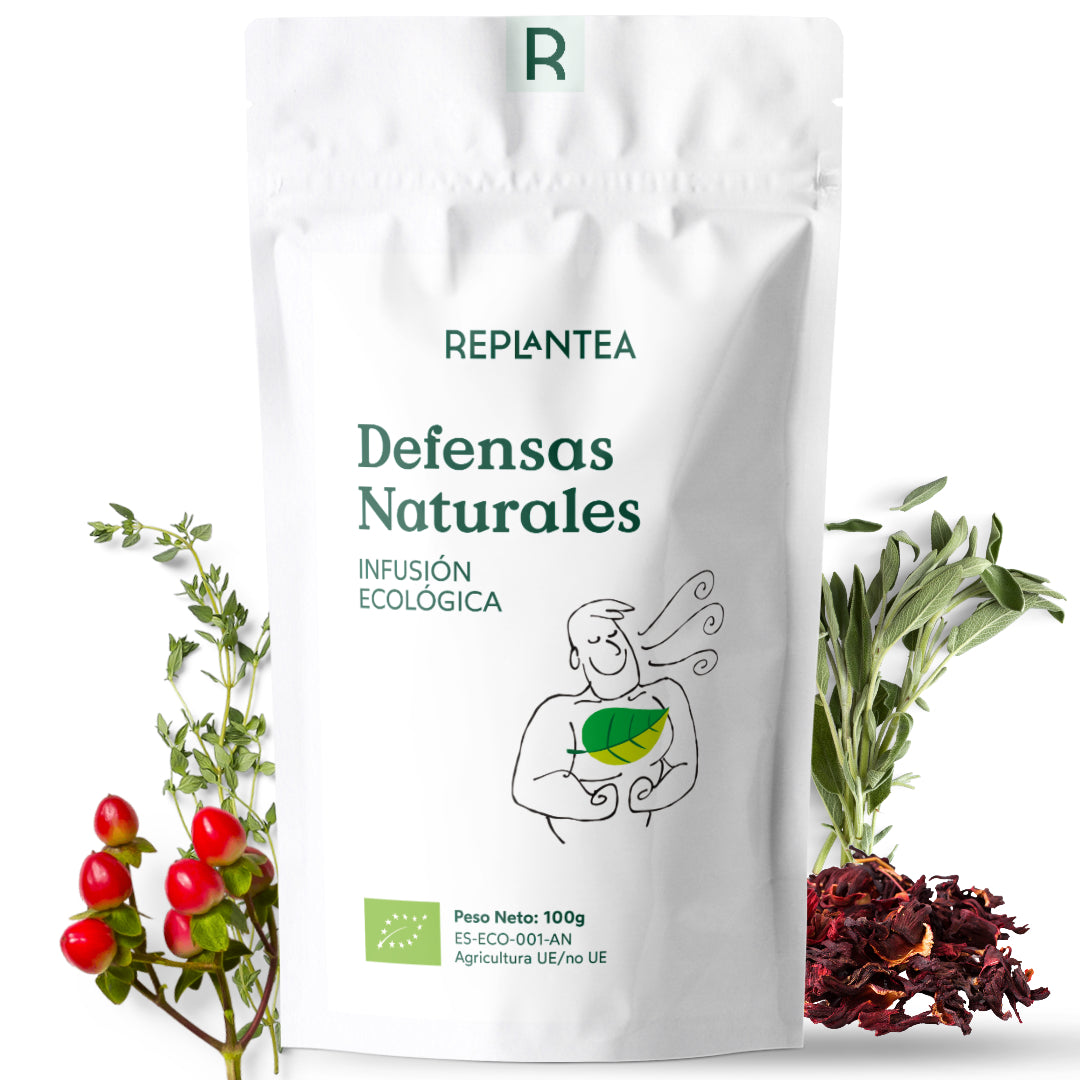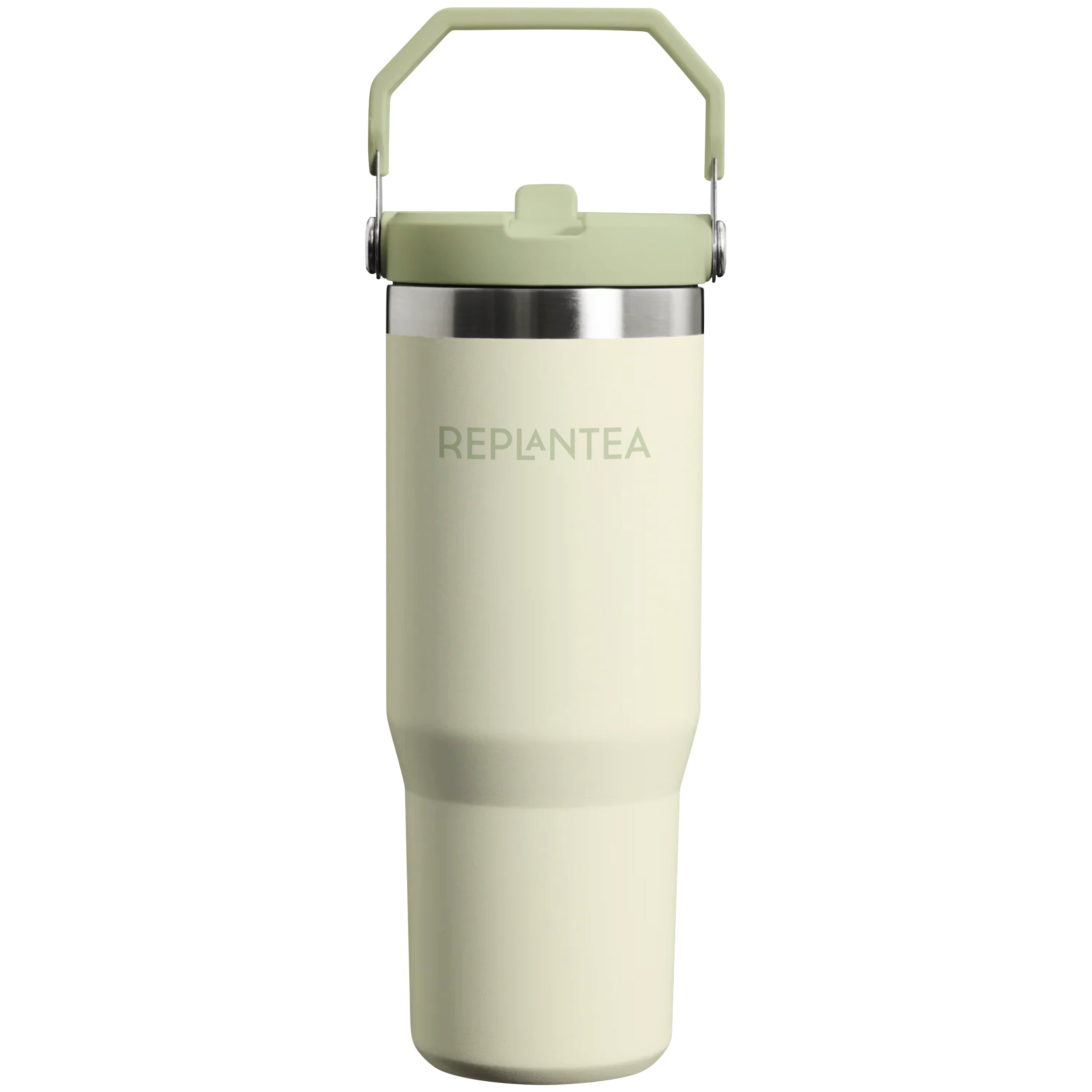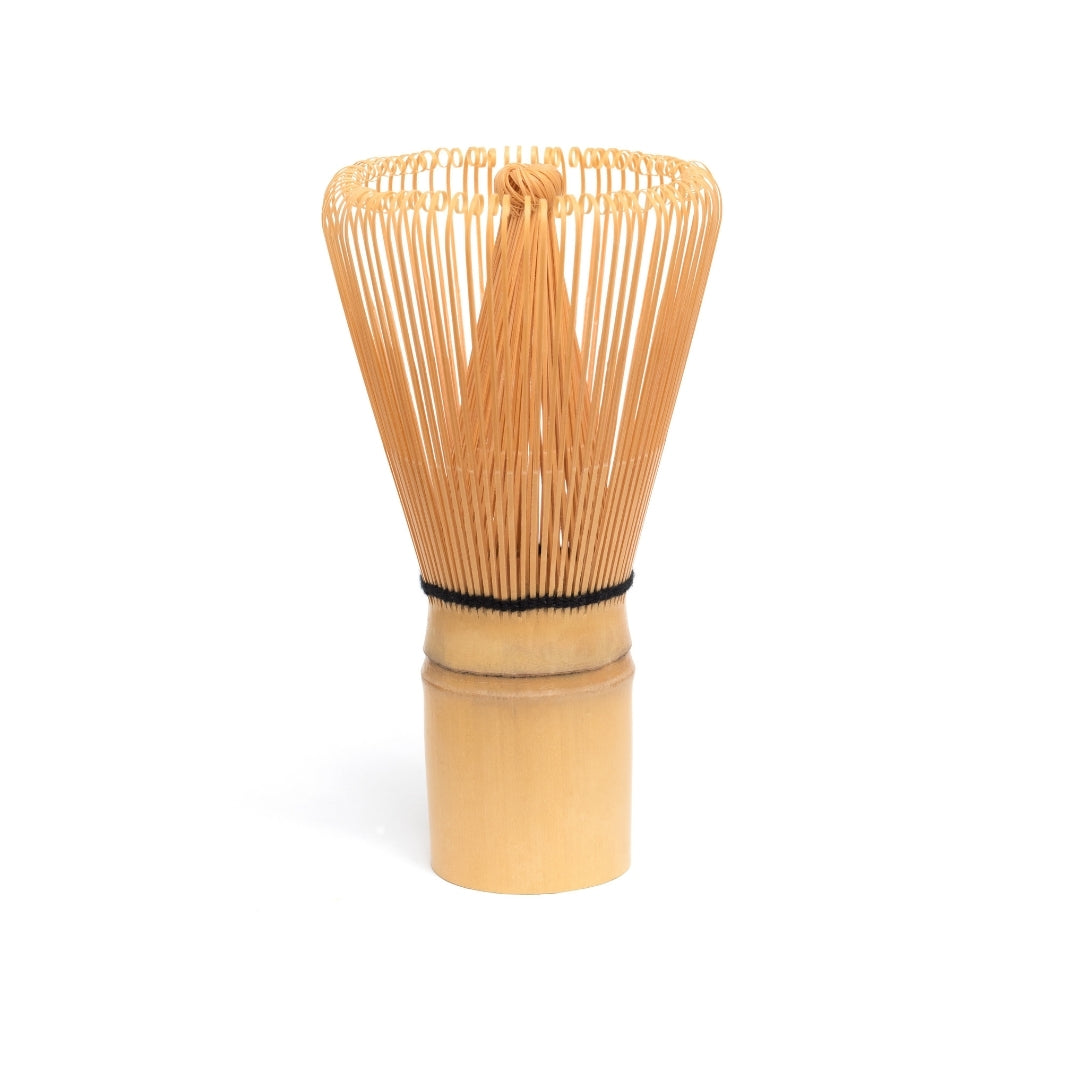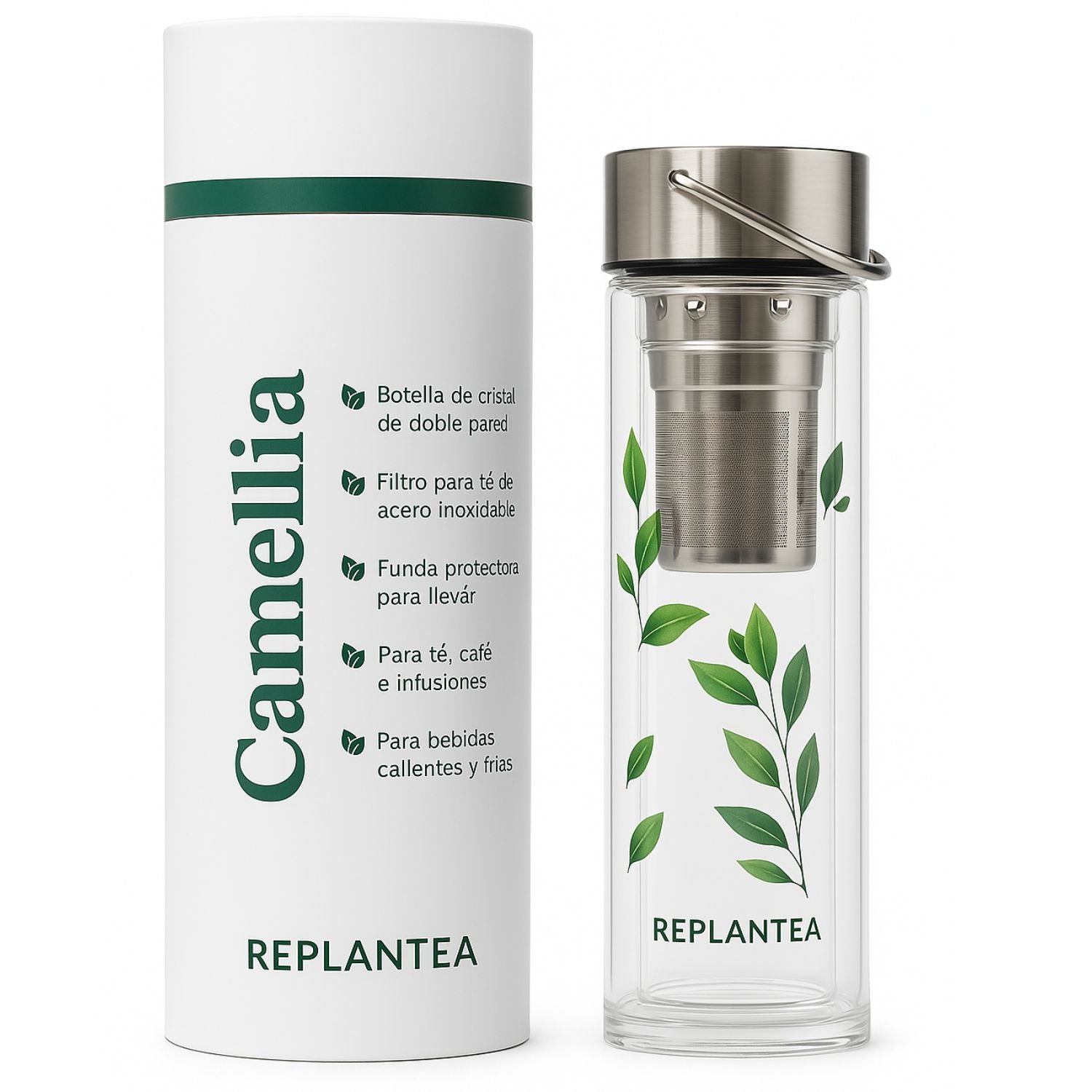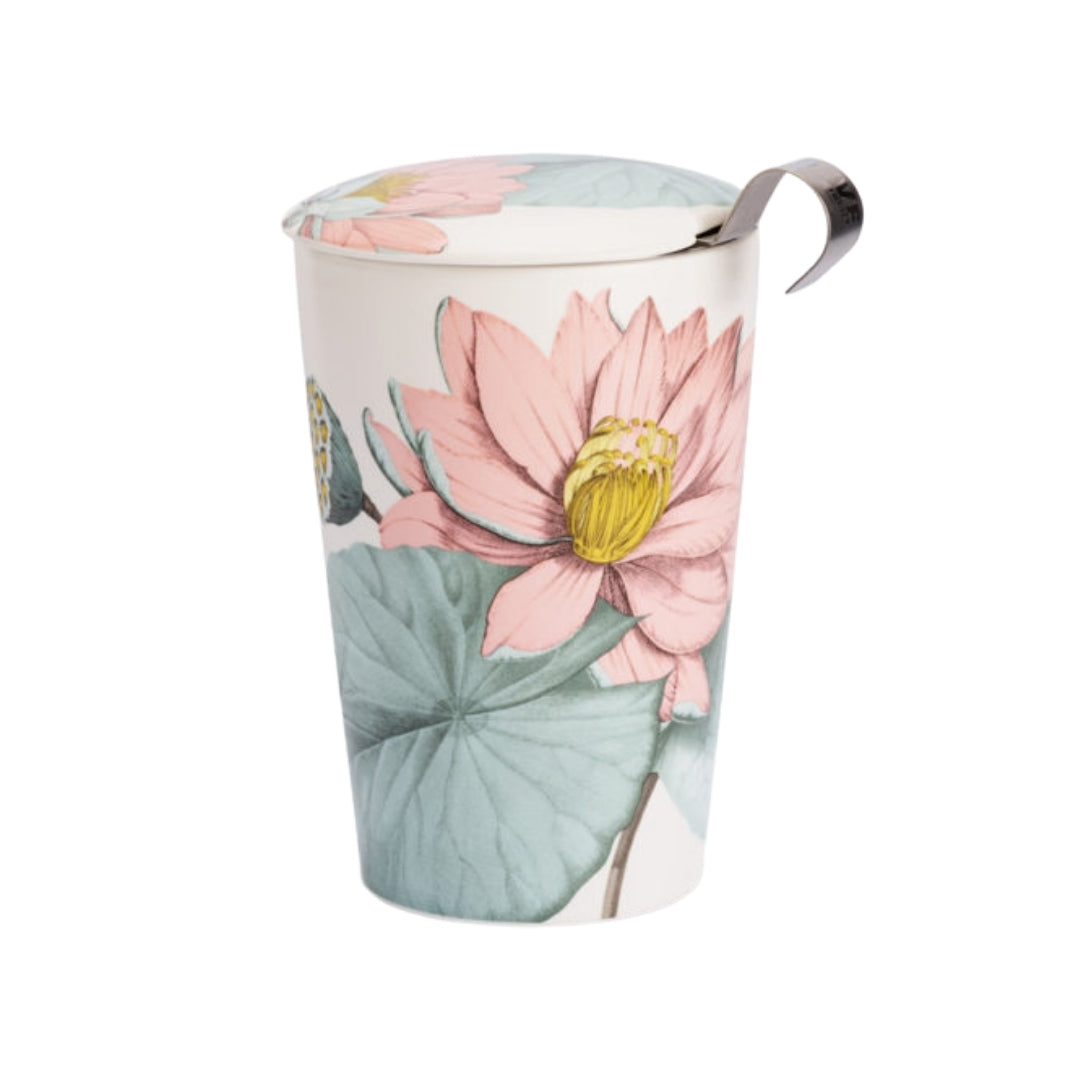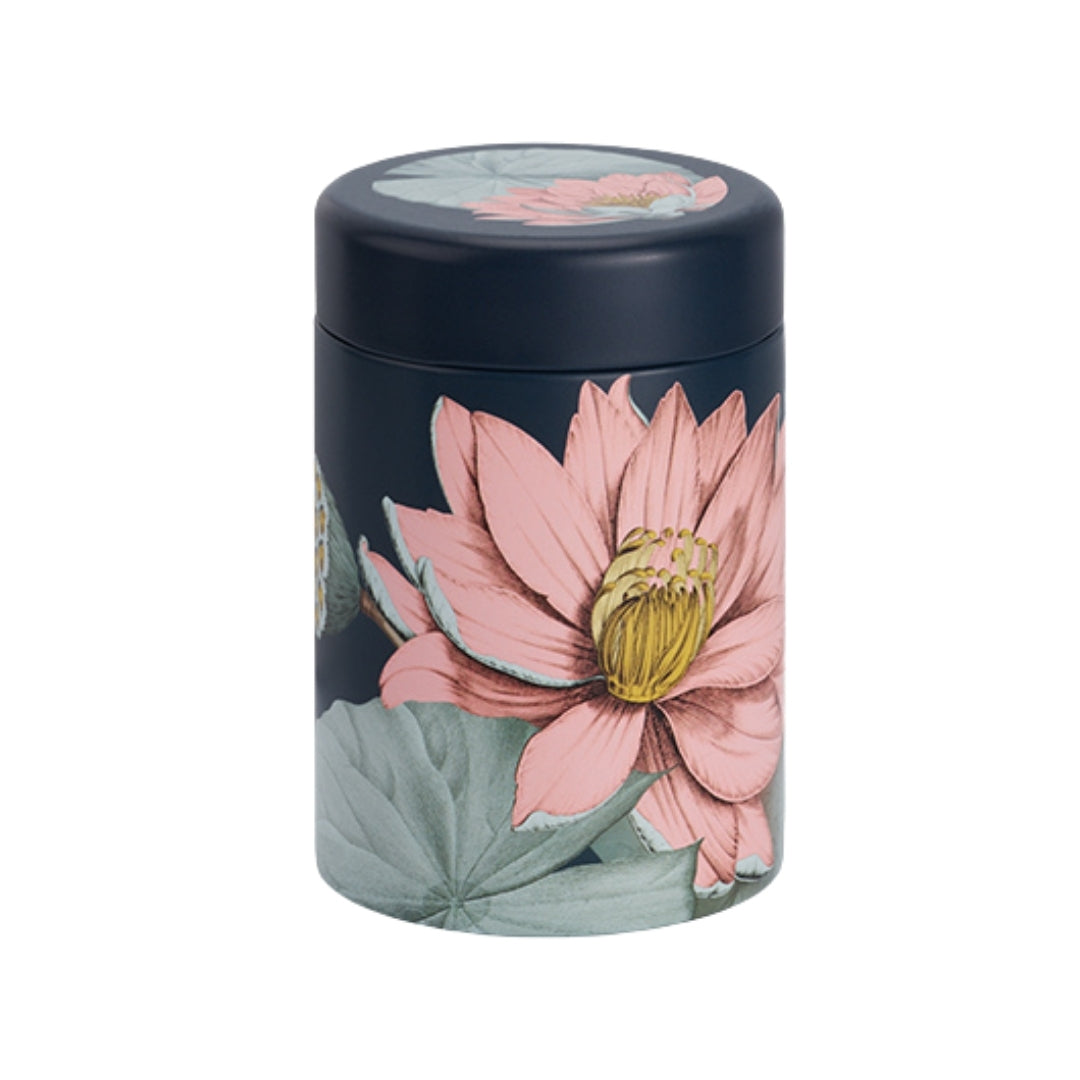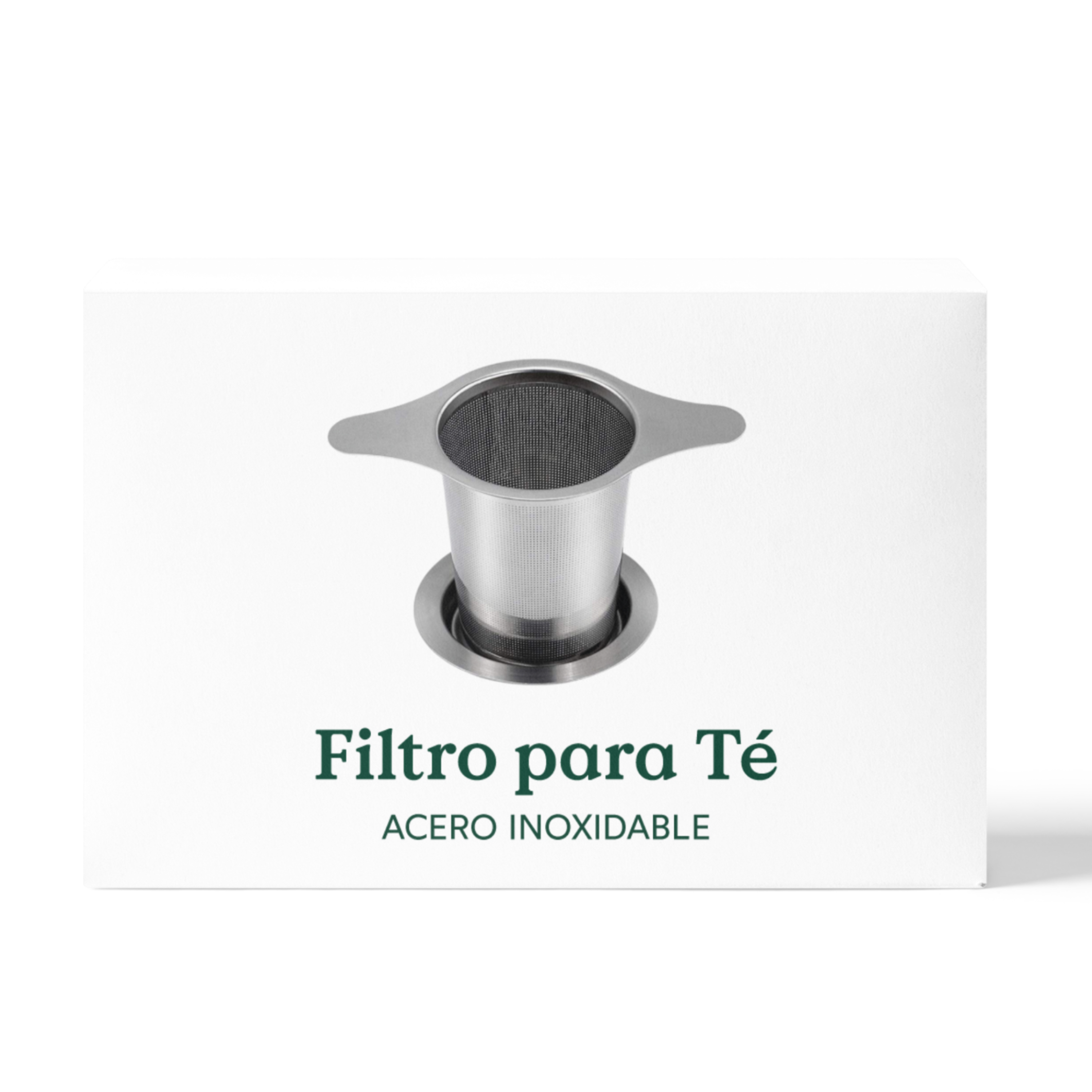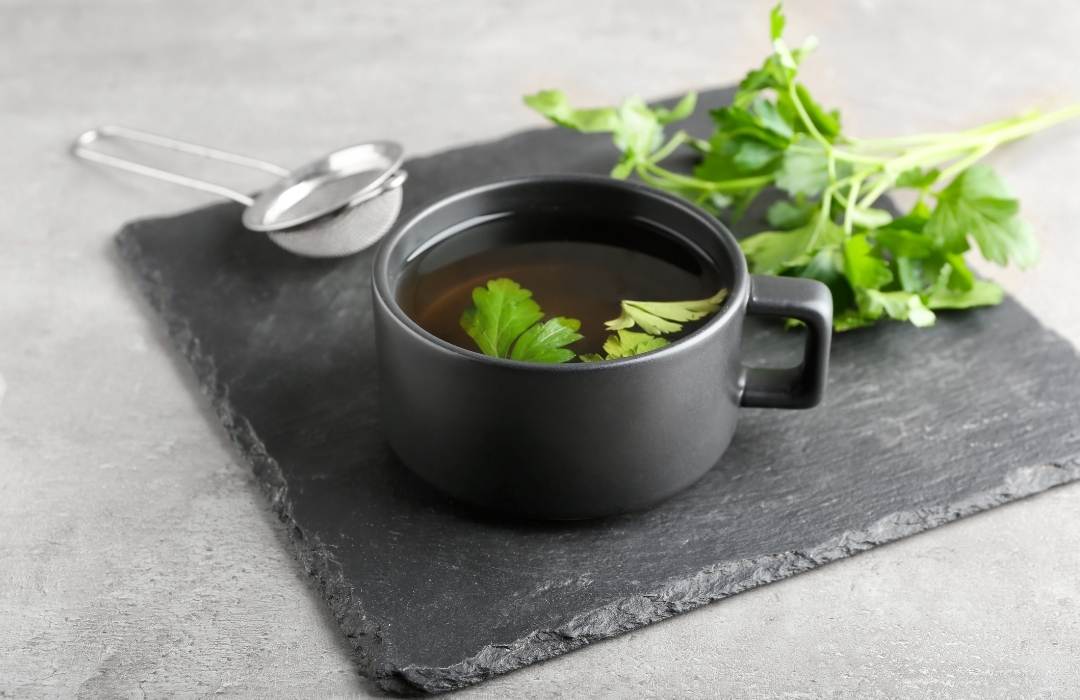
What is the Best Infusion for Fluid Retention?
Most herbal teas are diuretic to some extent, as they increase water intake and, consequently, urine production. However, there are some plants that seem to have a stronger diuretic effect.
These infusions stimulate the body to eliminate fluid retention , thus relieving the feeling of bloating . Read on to learn which is the best infusion to prevent fluid retention.

The best infusions for fluid retention
1. Hibiscus
Hibiscus tea appears to significantly increase the amount of urine produced and, according to a study in mice, has a similar effect to some synthetic diuretics produced in the laboratory, such as furosemide and hydrochlorothiazide.
Furthermore, another study concluded that the anthocyanin, flavonoid, and chlorogenic acid composition of hibiscus appears to regulate the activity of aldosterone, a hormone that controls urine production.

2. Fennel
Fennel is a traditional herb used to treat bladder problems and high blood pressure. This is because it has a diuretic effect, which increases urine production and the excretion of excess fluid from the body.
In addition, fennel also helps reduce the risk of urinary tract diseases and eliminate toxins from the kidneys. It also has diaphoretic properties that help stimulate sweating.

RELATED INFORMATION
3. Dandelion
Dandelion is another popular herb for increasing urine production and getting rid of fluid retention. This plant works as a natural diuretic because it's rich in potassium, a mineral that acts on the kidneys and increases urine production.

4. Green tea
Green tea is rich in theine, a substance with natural diuretic properties. Although a single cup of tea doesn't contain the necessary amount of theine, drinking three cups a day can increase urine production and help eliminate excess fluid from the body.
RELATED INFORMATION
5. Ponytail
Horsetail infusion is another natural diuretic widely used in traditional medicine. Although there isn't much recent research on this plant, a 2017 review states that horsetail's diuretic effect can be compared to hydrochlorothiazide, a laboratory-produced diuretic.
Although horsetail is generally considered safe, long-term use is not recommended. People with preexisting health conditions such as kidney disease or diabetes should also avoid taking it.

Precautions when taking infusions to avoid fluid retention
Ideally, people who are already taking synthetic diuretics such as furosemide, hydrochlorothiazide, or spironolactone should not take infusions for fluid retention. Furthermore, these infusions should be avoided by patients with kidney problems, heart disease, or low blood pressure.
Other ways to avoid fluid retention
There are other habits you can implement that will also help reduce fluid retention:
- Physical exercise: Physical activity can help get rid of excess fluid by increasing blood flow to the tissues and making you sweat.
- Consume more magnesium: Magnesium is an electrolyte that helps regulate fluid balance.
- Eat potassium-rich foods: Eating foods rich in potassium can increase urine production and decrease sodium levels, reducing fluid retention.
- Consume less salt: A diet high in salt can promote fluid retention.
Disclaimer: This article is for informational purposes only. It is not intended as a substitute for medical advice, diagnosis, or treatment. Each person is different and may react differently to different herbs and teas. Never use teas or herbs to treat serious medical conditions on their own.

